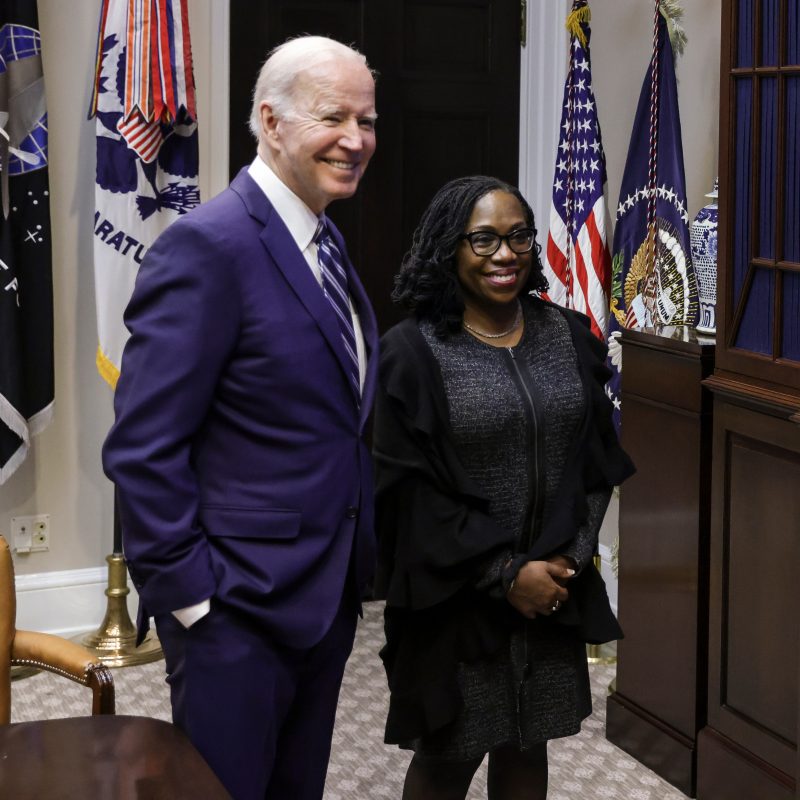In recent years, the Supreme Court of the United States has been a focal point of intense partisan debate and controversy. With its pivotal role in shaping important legal decisions that impact the entire nation, the composition and functioning of the Supreme Court have been subjects of scrutiny and calls for reform. The proposal of President Joe Biden endorsing significant reform to the Supreme Court is a potential game-changer that could have far-reaching implications.
The Supreme Court has long been seen as a bastion of neutrality and impartiality, tasked with interpreting the law and upholding the Constitution. However, in recent years, the Court’s conservative tilt has raised concerns about its perceived lack of balance and independence. Calls for reform have grown louder, with advocates pushing for changes to the Court’s structure and composition to better reflect the diverse viewpoints of the American populace.
One of the key proposals being considered is expanding the number of justices on the Supreme Court. Currently, the Court consists of nine justices, a number that has remained unchanged for over 150 years. The idea of adding more justices to the Court has been met with both support and opposition. Proponents argue that a larger Court would help ensure a more diverse range of perspectives and prevent one ideological bloc from dominating decisions. Critics, however, raise concerns about the potential politicization of the Court and the erosion of its credibility and legitimacy.
President Biden’s potential endorsement of Supreme Court reform represents a significant shift in the political landscape. As the leader of the executive branch, Biden holds considerable influence over the direction of the judiciary. His support for reform could signal a new era of change and reevaluation of longstanding norms and practices.
The implications of Supreme Court reform could be profound, impacting everything from high-profile cases to the public’s perception of the Court’s role in society. A reformed Supreme Court could lead to a more dynamic and responsive judiciary, better equipped to address the complex legal challenges of the 21st century. However, the road to reform is fraught with obstacles and uncertainties, with deeply entrenched interests and ideologies at play.
In conclusion, the potential endorsement of Supreme Court reform by President Joe Biden has the potential to reshape the judicial landscape in profound ways. As the debate over the future of the Supreme Court continues to unfold, it is essential to engage in thoughtful and informed discussions about the implications of any proposed changes. The path to a reformed Supreme Court is likely to be complex and contentious, but the stakes are high, and the need for a judiciary that reflects the values and aspirations of the American people has never been more pressing.
